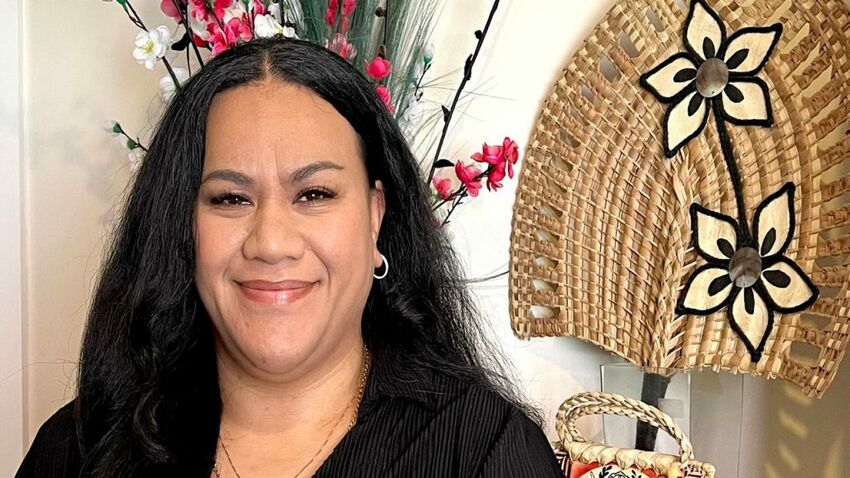Tongan Researcher Linda Palavi says Parents are the key to addressing hearing loss in the Pacific.

A new study from the University of Auckland highlights the urgent need for Pacific-led, culturally aligned health practices to address hearing loss among Pacific children—a condition disproportionately affecting Māori and Pacific communities in Aotearoa.
Authored by Tongan researcher Linda Palavi, alongside Dr. Elizabeth Holt and Professor Vili Nosa, the review found that parental involvement is critical to improving outcomes for children with hearing impairments. However, current health services often fall short of meeting the cultural and familial needs of Pacific communities, creating significant barriers to care.
“Pacific parents are the first point of contact for their children’s health,” Palavi explains. “Shifting to family-centred approaches that are tailored to Pacific families will make a real difference.”
The research reveals how poverty, stigma, and cultural beliefs intersect with caregiving practices in Pacific households. Traditional views, including spiritual explanations for hearing loss, still exist but are evolving as families in New Zealand navigate the medical system.
Palavi says, “There’s still a stigma attached to hearing loss, which can stop families from seeking help. But when health services don’t feel culturally safe or supportive, it becomes even harder for parents to reach out.”
Her work underscores the importance of empowering Pacific families and prioritising culturally appropriate care. “I hope this research highlights the struggles of Pacific families and drives health services to evolve so parents can confidently navigate the system,” she says.
Palavi’s journey as a New Zealand-born Tongan researcher reflects the growing impact of Pacific voices in health research. “Using research as a vessel to improve health equity for our people is my way of giving back,” she shares, adding that her family and mentors have been vital sources of inspiration.
The findings reinforce that addressing hearing loss—and the broader health disparities affecting Pacific communities—requires Pacific leadership in designing and delivering solutions that resonate with their unique needs. Without this, achieving equity remains a distant goal.
-
By Tikilounge Productions & Creative New Zealand Toi Aotearoa
Arts & Culture Journalist Destiny Momoiseā
Info Source: Auckland University
